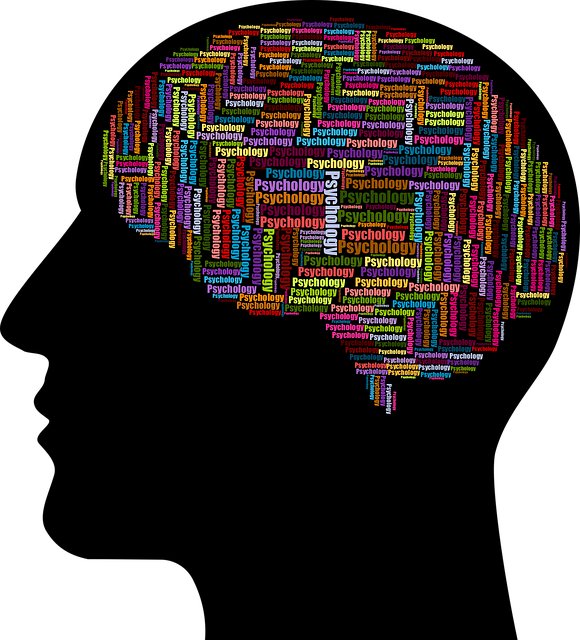Cultural competency is essential in modern healthcare, particularly in diverse societies, as it improves patient care and outcomes by addressing unique cultural needs. The Englewood Mandarin Chinese Speaking Therapy Model highlights this, demonstrating how tailored mental health programs can overcome language barriers and cultural misunderstandings for Chinese-speaking patients. Through interactive training involving Compassion Cultivation Practices and Emotional Well-being Promotion Techniques, healthcare providers gain skills to enhance relationships and create inclusive environments. Structured training with expert facilitators, evaluated through surveys and role-play, ensures effectiveness in promoting quality care and improved patient experiences, especially for Englewood Mandarin Chinese speaking communities.
Healthcare provider cultural competency training is an essential component of modern medical practice, especially in diverse communities. This article delves into the critical need for such training, exploring strategies like the Englewood Mandarin Chinese Speaking Therapy Model, a successful case study. We discuss implementing and evaluating effective cultural competency programs, emphasizing their role in improving patient outcomes and fostering inclusive healthcare environments. By examining these aspects, we aim to enhance understanding of cultural competency in healthcare.
- Understanding Cultural Competency in Healthcare: A Necessary Approach
- The Englewood Mandarin Chinese Speaking Therapy Model: A Case Study
- Implementing and Evaluating Effective Cultural Competency Training Programs
Understanding Cultural Competency in Healthcare: A Necessary Approach

Cultural competency is an essential aspect of modern healthcare that cannot be overlooked. It refers to the ability of healthcare providers to understand, appreciate, and respect diverse cultural backgrounds and beliefs among their patients. In a multicultural society like ours, where individuals from various ethnic and linguistic groups seek medical services, ensuring cultural sensitivity is crucial for effective patient care. For example, consider the case of Englewood Mandarin Chinese speaking communities; mental health education programs designed with cultural competency in mind can better address the unique needs and challenges faced by these patients.
This approach transcends language barriers and promotes emotional healing processes. By integrating cultural competency training into healthcare provider curricula and ongoing professional development, we can prevent burnout and enhance patient outcomes. Such training equips professionals with the skills to navigate complex cultural dynamics, ensuring they provide respectful, culturally sensitive care. This is vital not only for maintaining strong patient-provider relationships but also for improving access to quality healthcare services for all communities.
The Englewood Mandarin Chinese Speaking Therapy Model: A Case Study

The Englewood Mandarin Chinese Speaking Therapy Model serves as an insightful case study highlighting the importance of cultural competency training in healthcare. This innovative program was designed to address the unique challenges faced by Mandarin-speaking Chinese patients in a healthcare setting, emphasizing effective communication and cultural understanding. By implementing this model, healthcare providers gain valuable tools to enhance patient interactions and promote emotional well-being.
The therapy model incorporates Compassion Cultivation Practices and Emotional Well-being Promotion Techniques tailored to the specific cultural needs of this demographic. It teaches providers to cultivate empathy, understand non-verbal cues, and adapt their communication styles. The result is a more inclusive environment that boosts patient confidence and fosters stronger doctor-patient relationships. This case study demonstrates the power of language and cultural sensitivity in healthcare delivery, ultimately leading to improved outcomes.
Implementing and Evaluating Effective Cultural Competency Training Programs

Effective cultural competency training programs are essential for healthcare providers to offer quality care that respects and values diverse patient populations, including those from the Englewood Mandarin Chinese speaking community. Implementing such programs involves a systematic approach, beginning with identifying specific cultural needs within the community, designing tailored curricula, and engaging expert facilitators who can convey complex topics sensitively and accurately. The inclusion of interactive workshops, case studies relevant to the local context, and opportunities for role-playing can significantly enhance learning outcomes.
Evaluation is a critical component of these training programs. Using metrics such as participant satisfaction surveys, knowledge retention tests, and observational assessments during role-play scenarios allows trainers to gauge the effectiveness of the program. Moreover, following up with ongoing support and refresher sessions ensures that acquired cultural competency skills are sustained and applied in clinical settings, promoting improved patient outcomes and fostering a more inclusive healthcare environment, including for residents engaging in Mindfulness Meditation and Resilience Building through the Mental Wellness Podcast Series Production.
Cultural competency training is no longer a choice but an essential requirement in healthcare. As demonstrated by the Englewood Mandarin Chinese Speaking Therapy Model, integrating diverse cultural perspectives can significantly improve patient outcomes and satisfaction. Implementing effective training programs that go beyond surface-level awareness involves ongoing evaluation and adaptation. By embracing these strategies, healthcare providers can offer more personalized and culturally sensitive care, fostering a more inclusive and accessible healthcare system for all communities, including those represented by the Englewood Mandarin Chinese Speaking Therapy Model.














